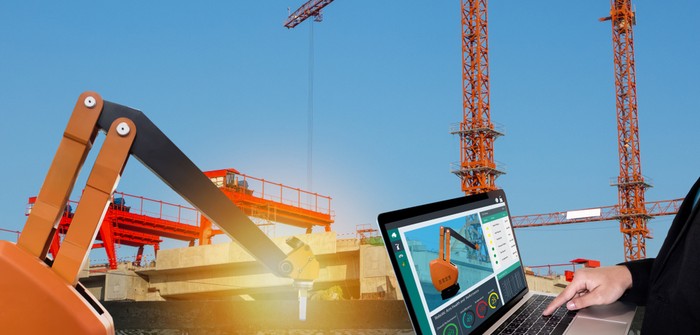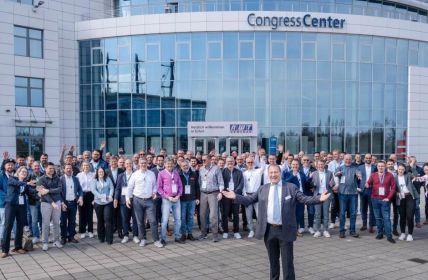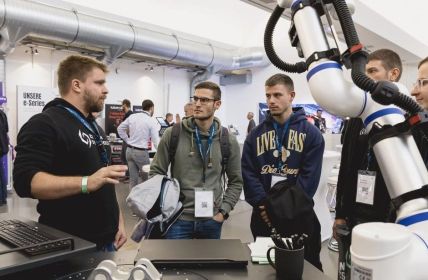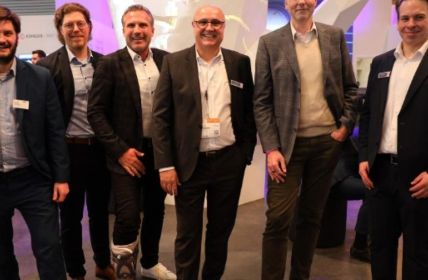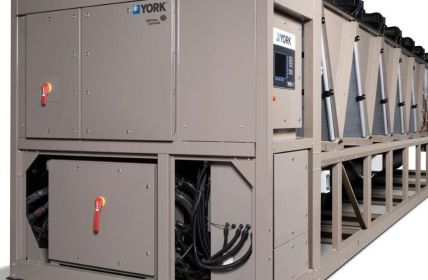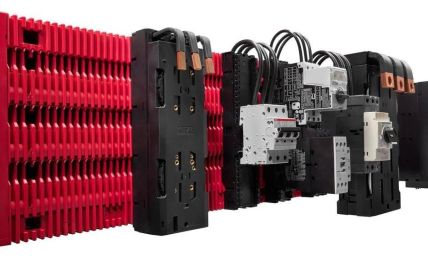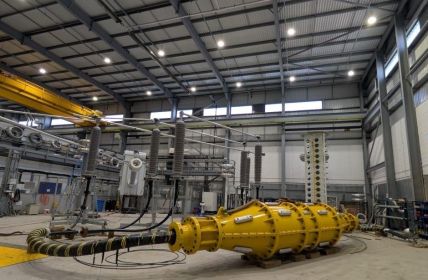Five companies have joined forces to beta test AI-based IoT technology. It is designed to help prevent accidents on construction sites in the future. The companies, Everguard.ai, Rudolph Libbe Group (RLG), Qualcomm Technologies. Inc, Zurich North America and Zyter. Inc are contributing their respective expertise so that serious injuries and high property damage can soon be prevented before they occur.
Table of Contents: What awaits you in this article
AI-IoT for the bird’s eye view
Using AI-based Internet of Things (IoT) technology, site managers should be able to get an all-around view of their workplace. Real-time alerts will report security breaches in a timely manner before they lead to serious consequences. At the start of the test, artificial intelligence and computer vision will be used to improve existing safety systems. Examples include geofencing to secure restricted areas and compliance checks for the use of protective equipment.
More cost efficiency with AI-IoT
From such a significant improvement in compliance with construction safety regulations, the group not only expects less risk to people and materials. In their opinion, a sustained reduction in incidents could also lead to more efficient construction. Safeguarded workers and undisturbed construction times thus inevitably lead to a better cost-benefit ratio and more quality.
IoT collaboration for construction site management
Qualcomm, through its IoT Service Suite and Smart Cities Accelorator program, is providing the foundation for integrating Zyters SmartSpaces (an end-to-end dashboard) with Evergard’s Sentri360 AI platform. Construction and facilities services provider RLG is testing this collaboration on its job sites. In the process, insurance company Zurich North America will execute and monitor, as well as scale the results for other customers.
In this scenario, IoT devices create real-time data from workers and construction materials, showing a comprehensive, second-by-second view of what’s happening at each job site. The resulting information is intelligently analyzed and visualized so that contractors are able to monitor everything at all times and intervene if necessary. This should significantly improve the productivity of the company and the safety of the workers.
IoT specialists hand in hand
Qualcomm expects the new project to be a real-world test of its end-to-end IoT-as-a-Service (IoTaaS) solutions, which are designed to drive the ever-advancing digitization of smart cities and connected spaces. The end point of this development is to lead to new forms of smart spaces that will enrich everyone’s lives with new infrastructure and services.
In this regard, Zyter aims to use its SmartSpaces platform to integrate and consolidate data from IoT-enabled devices and applications, and break down their information silos to make them more usable for advanced analytics.
Evergard’s contribution to the project in the form of its Sentri360 platform, combines sensors with artificial intelligence and edge computing to enable the system to learn on the fly. Accidents and damage should thus be greatly minimized and costs efficiently adjusted.
The expected output is to show the extent to which site managers and employees need further training to identify and eliminate risky behavior at an early stage. The primary goal is to save lives in a proactive rather than reactive manner.


